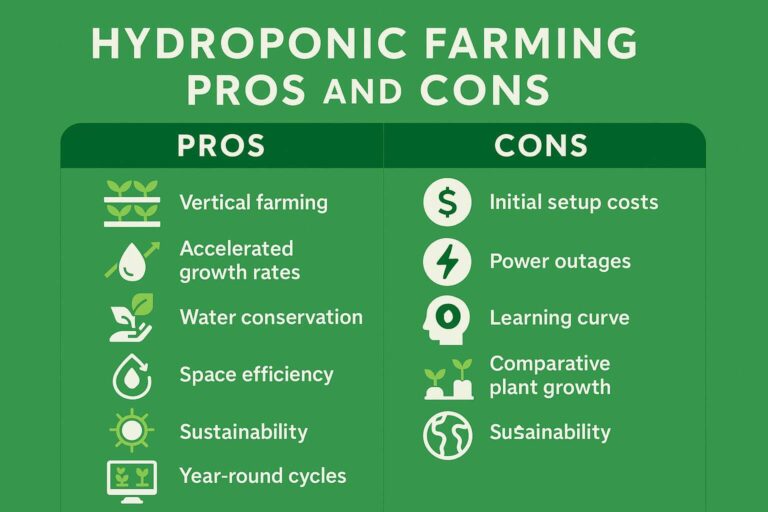Bell peppers are a versatile and nutritious vegetable commonly used in a variety of dishes worldwide. While many people enjoy the taste and crunch of bell peppers, there’s often confusion surrounding whether it’s safe to eat their seeds. In this article, we’ll dive into the facts and myths surrounding bell pepper seeds, providing you with accurate information to make an informed decision.
Nutritional Profile of Bell Pepper Seeds
Before diving into whether it’s safe to eat bell pepper seeds, let’s take a look at their nutritional composition. Bell pepper seeds are rich in essential nutrients, including:
- Protein: Bell pepper seeds contain a moderate amount of protein, making them a valuable addition to a plant-based diet.
- Fiber: Like many seeds, bell pepper seeds are high in dietary fiber, which aids in digestion and promotes a healthy gut.
- Healthy Fats: Bell pepper seeds contain beneficial fats, such as omega-3 and omega-6 fatty acids, which are important for overall health.
- Vitamins and Minerals: Bell pepper seeds are a good source of vitamins and minerals, including vitamin E, vitamin K, and various B vitamins.
The Safety of Eating Bell Pepper Seeds
One of the primary concerns surrounding bell pepper seeds is whether they are safe to consume. The truth is that bell pepper seeds are entirely safe to eat for most people. They are not toxic or harmful when consumed in moderation. However, there are a few considerations to keep in mind:
- Texture: Bell pepper seeds have a crunchy texture, which some people may find unpleasant. If you’re sensitive to textures, you may prefer to remove the seeds before eating the pepper.
- Allergies: While rare, some individuals may have allergies to certain components of bell pepper seeds. If you have a known allergy to seeds or other plant foods, it’s best to avoid consuming bell pepper seeds or consult with a healthcare professional.
- Digestive Issues: Eating large quantities of bell pepper seeds may cause digestive discomfort for some individuals, particularly those with sensitive stomachs. It’s advisable to consume them in moderation to avoid potential digestive issues.
Health Benefits of Bell Pepper Seeds
Despite their small size, bell pepper seeds offer several health benefits:
- Antioxidants: Bell pepper seeds contain antioxidants that help protect the body from oxidative stress and inflammation, reducing the risk of chronic diseases such as heart disease and cancer.
- Weight Management: The high fiber content of bell pepper seeds can help promote feelings of fullness and satiety, making them a valuable addition to weight management diets.
- Heart Health: The healthy fats found in bell pepper seeds, such as omega-3 fatty acids, can support cardiovascular health by lowering cholesterol levels and reducing the risk of heart disease.
Ways to Incorporate Bell Pepper Seeds into Your Diet
Now that we’ve established that bell pepper seeds are safe to eat and offer numerous health benefits, let’s explore some creative ways to incorporate them into your diet:
- Roasted: Toss bell pepper seeds with a bit of olive oil and your favorite seasonings, then roast them in the oven until golden brown and crunchy. Enjoy them as a nutritious snack or sprinkle them over salads and soups.
- Blended: Add bell pepper seeds to smoothies for an extra boost of fiber and nutrients. They blend well with fruits, vegetables, and protein powders, adding a subtle nutty flavor to your smoothie.
- Sprinkled: Toasted bell pepper seeds make a delicious topping for a variety of dishes, including roasted vegetables, pasta, and grain bowls. Simply sprinkle them over your favorite dishes for added crunch and flavor.
Conclusion
In conclusion, bell pepper seeds are not only safe to eat but also offer numerous health benefits. Studies show incorporating seeds into your diet promotes heart health, aids in weight management, and boosts overall nutrition. They are rich in essential nutrients, including protein, fiber, and healthy fats, making them a valuable addition to a balanced diet.
Whether you choose to eat them whole or incorporate them into your favorite recipes, bell pepper seeds can contribute to your overall health and well-being. So next time you’re enjoying a bell pepper, don’t hesitate to save and savor the seeds!
You might want to start pepper-planting your own pepper here is a guide: Pepper Planting Guide








